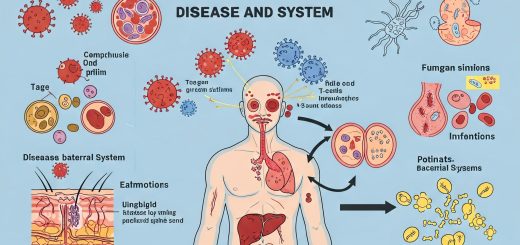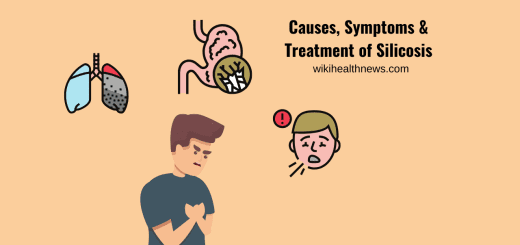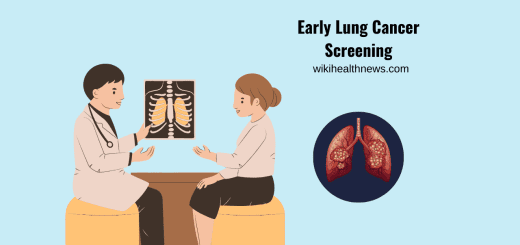Infertility : When to see a doctor ?
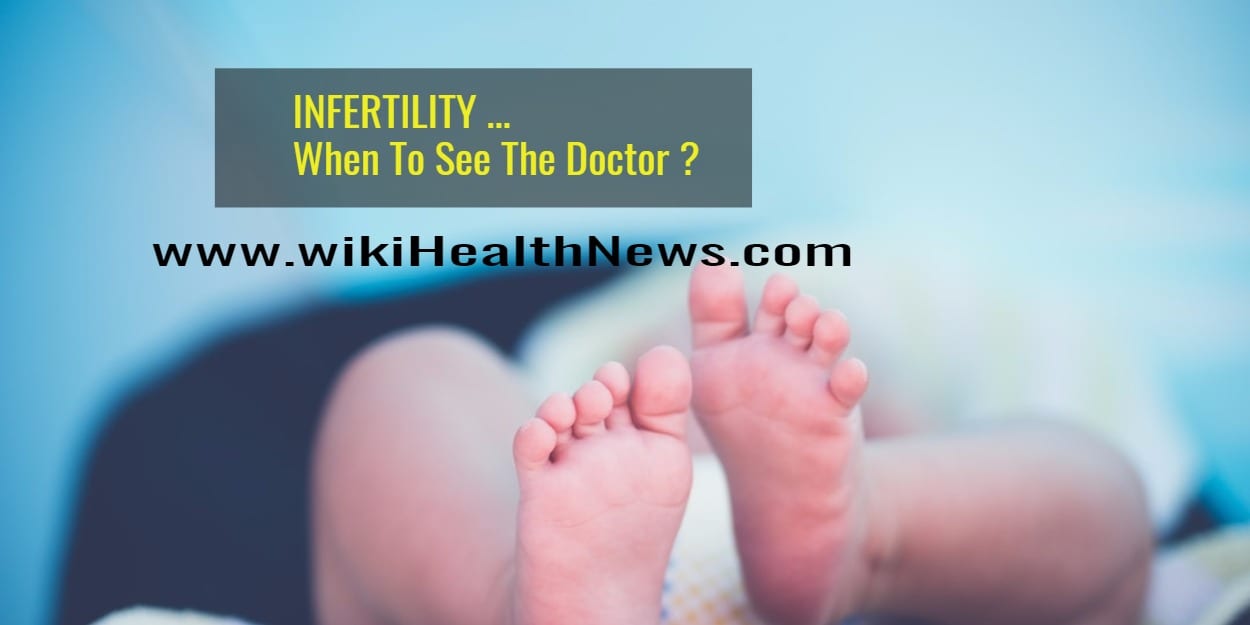
What should I Know before meeting a Fertility Specialist?
Before meeting your infertility doctor you should know a few aspects of fertility.
WOMEN – A woman’s fertility gradually declines with age, especially in her mid-30s, and it drops rapidly after age 37. Infertility in older women may be due to the number and quality of eggs, or to health problems that affect fertility.
When to see a doctor if you are a female patient?
You probably don’t need to see a doctor about infertility unless you have been trying regularly to conceive for at least one year. Talk with your doctor earlier, however, if you’re a woman and:
- You’re age 35 to 40 and have been trying to conceive for six months or longer
- You’re over age 40
- You menstruate irregularly or not at all
- Your periods are very painful
- You’ve been diagnosed with endometriosis or pelvic inflammatory disease
- You’ve had multiple miscarriages
- You’ve undergone treatment for cancer
When to see a doctor if you are a male patient?
- You have a low sperm count or other problems with sperm
- You have a history of testicular, prostate or sexual problems
- You’ve undergone treatment for cancer
- You have testicles that are small in size or swelling in the scrotum known as a varicocele
- You have others in your family with infertility problems
What are General factors responsible for infertility?
- Diabetes mellitus,
- thyroid disorders,
- undiagnosed and untreated coeliac disease,
- adrenal disease
What are environmental factors responsible for infertility?
Environmental factors
- Glues,
- Volatile organic solvents
- Pesticides.
- Tobacco smokers are 60% more likely to be infertile than non-smokers.
What is the effect of age on fertility?
- Age.
- WOMEN – A woman’s fertility gradually declines with age, especially in her mid-30s, and it drops rapidly after age 37. Infertility in older women may be due to the number and quality of eggs, or to health problems that affect fertility.
- MEN -Men over age 40 may be less fertile than younger men .What is the effect of tobacco on fertility?
Smoking tobacco –
- reduces the chances of pregnancy.
- reduces the possible benefit of fertility treatment.
- Miscarriages are more frequent in women who smoke.
- Smoking can increase the risk of erectile dysfunction
- low sperm count in men is common in tobacco use.
What is the effect of tobacco on fertility?
- WOMEN -Avoid alcohol if you’re planning to become pregnant. Alcohol use increases the risk of birth defects, and may contribute to infertility.
- MEN – Heavy alcohol use can decrease sperm count and motility.
What is the effect of Weight on fertility?
- Overweight- Inactive lifestyle and being overweight may increase the risk of infertility.
- WOMEN -Ovulation Disorders .
- MEN – A man’s sperm count may also be affected if he is overweight.
- Underweight. Women at risk of fertility who follow a very low calorie or restrictive diet.So eat healthy foods and develop healthy habits .
What is the effect of Exercise on fertility?
- Exercise- Insufficient exercise contributes to obesity, which increases the risk of infertility.
- Heavy Exercise – Ovulation problems are associated with frequent strenuous, intense exercise in women who are not overweight.
What are infections associated with infertility?
- Sexually transmitted infections
- chlamydia,
- gonorrhea
- Adeno-associated virus might have a role in male infertility
WOMEN – A woman’s fertility gradually declines with age, especially in her mid-30s, and it drops rapidly after age 37. MEN -Men over age 40 may be less fertile than younger men .
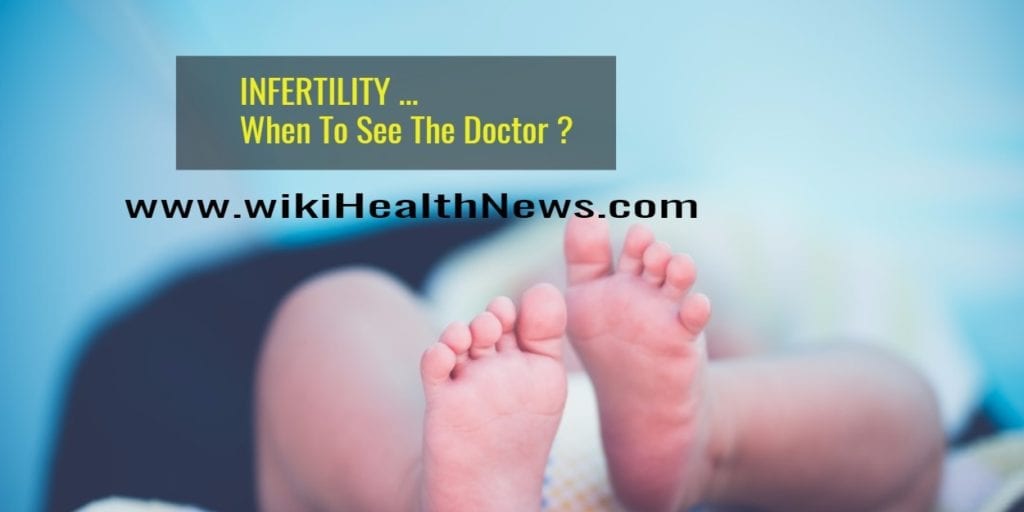
Read More






